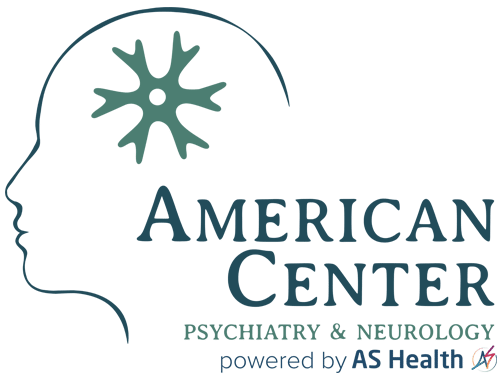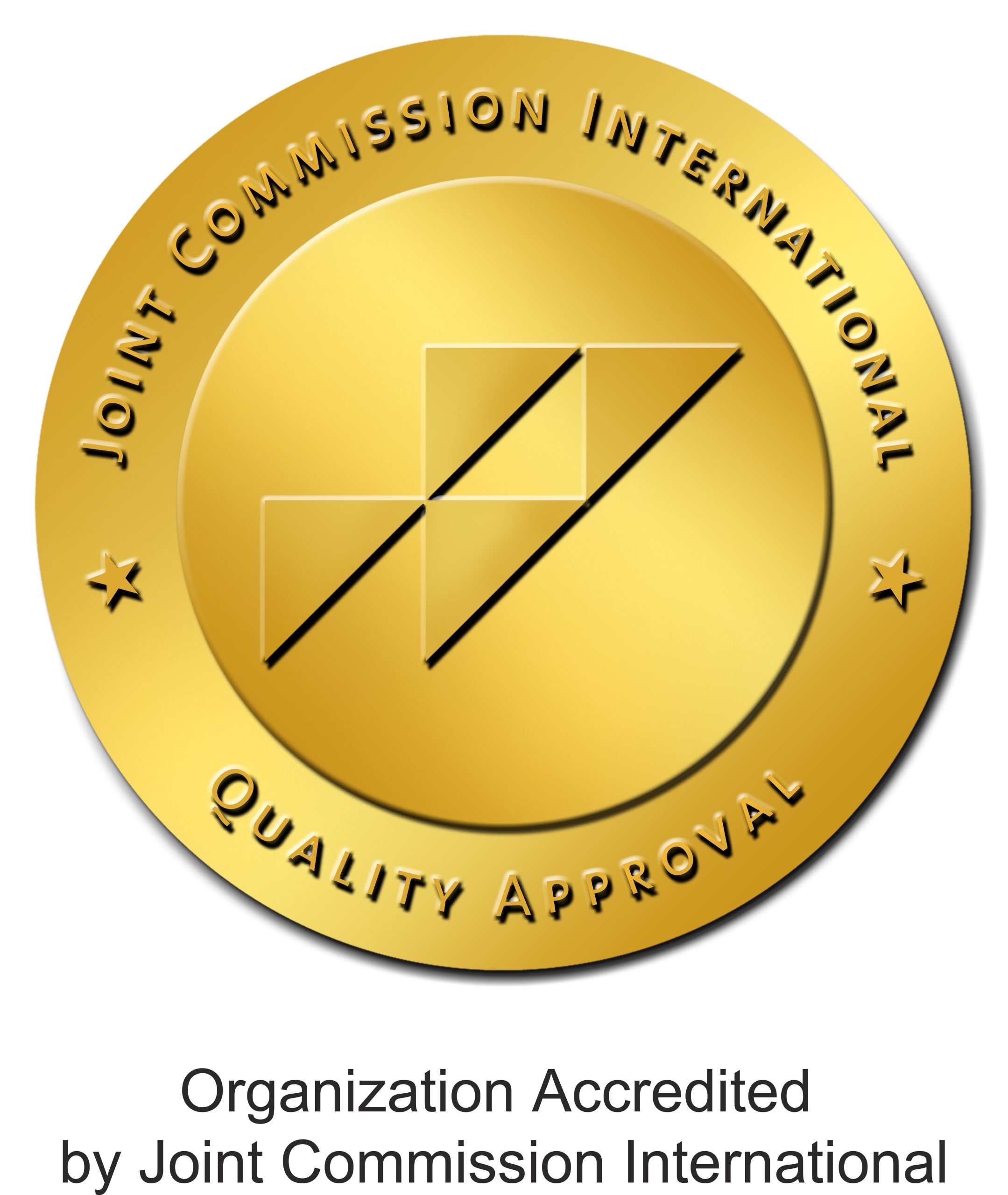Psychology Clinic in Dubai, Abu Dhabi, Al Ain and Sharjah
At ACPN’s Psychology Clinic, our team of experienced psychologists offer psychological evaluation and treatment for various mental health issues. Our team provides patients with guidance and treatment in a confidential and comfortable environment. Using evidence-based assessment and treatment, therapy is offered for individuals, couples, and families for mood disorders, low self-esteem, bereavement, marital problems, divorce, behavioral problems in children, and challenges of caregiving/parenting. Our psychologists will be able to help you overcome challenges and barriers with solutions that are centered around you.
Psychological services for children include psychometric assessment of learning difficulties and developmental delay, including ADHD, Autism Spectrum Disorder, learning difficulties at school, and emotional and behavioral difficulties. School observations and liaison are arranged as necessary. Therapeutic services for children include working with parents using structured behaviour modification techniques and working directly with children using play therapy, Cognitive Behaviour Therapy (CBT), Applied Behaviour Analysis, and TEACCH programs. Social skills groups are also available.
Psychological services for adults cover a wide range of interventions from counseling for personal and emotional problems, psychotherapy for severe and complex mental health problems including borderline personality disorder, bi-polar disorder, and obsessive-compulsive disorder.
Our Assessment and Treatment Methods
Our clinical psychologists work with clients suffering from depression, anxiety, obsessional compulsive disorders, the impact of trauma, eating disorders, addiction, borderline personality disorder and many other conditions. Our team can provide psychometric assessment services to patients following traumatic brain injury, strokes and other neurological problems as well as carrying out dementia assessments.
Counseling psychologists draw from solution focused and attachment models as well as using CBT techniques. They aid with stress related problems, depression, anxiety, trauma, weight management issues, work related stress and difficulties, grief and bereavement, relationship problems and other difficulties.
Members from the psychology department work as part of the Eating Disorder and Addiction teams at ACPN. Specialized interventions are also available to couples seeking counseling for marital problems or psychosexual issues.
Conditions Treated:
- Depression
- Anxiety
- Panic attacks
- Bipolar Disorders
- Personality Disorders
- Substance abuse and addictions
- Eating disorders
Services Offered:
- Cognitive-Behavioral Therapy
- ACT Therapy
- Mindfulness and Guided Relaxation
- Eating Disorders Treatment
- Social Skills Training (i.e., for Autism Spectrum Disorder, Social Difficulties)
- Behavioral modification:
- Toileting/ Bedwetting problems
- Feeding difficulties
- Adherence and coping with pediatric medical regimens
- Relationship therapy:
- Couple’s Therapy
- Family Therapy
- Parenting Skills Training
- Parent-Child Relational Therapy
- Services for Children:
- Psychological and cognitive assessments for children
- Psychotherapy for children
- Corporate Services:
- Vocational Assessment
- Mental Health Coaching
- Performance Evaluation & Motivation
- Crisis Management
- Debriefing services
- Group therapy
- Training Workshops
At ACPN, our team conducts comprehensive psychological testing to understand underlying issues while helping improve your mental health goals. Psychological assessments can accurately pick up on an individual’s strengths and challenges. These could be cognitive strengths and weaknesses, understanding learning difficulties, intellectual giftedness, diagnosing neurodevelopmental or mental health condition, or personality style and characteristics. This information helps us provide specific recommendations tailored to you. Recommendations from psychological assessments can be used for making environmental adaptations such as extra time in exams, to activities that help you improve a specific brain function, therapeutic recommendations.
Benefits of Psychological Assessments
Assessments help uncover areas of challenge, giftedness or help you with better self-awareness. Assessments help you gain an accurate understanding of individual functioning within a particular area. Our specialist assessment team provides standardized assessment tools for adults, children and adolescents. Assessments are individualized to every person’s need. Psychometric tests are reliable and valid assessment tools which can measure a wide range of cognitive, mood and personality functioning. They can be used in a variety of ways. Some of these are:
- To measure progress in therapy.
- To assess the severity of the problems/symptoms you want to work on.
- To assess what may be the underlying factors which are influencing the problems you present with.
- To assess the impact of head injury or neurological conditions on intellectual functioning.
- To examine whether there is any loss in intellectual functioning when a diagnosis of Alzheimer’s or other dementias are being considered.
- To evaluate cognitive competence in relation to occupational demands (aviation assessments).
- To provide information on how intellectual functioning has been affected by disorders such as ADHD that may be required as part of the academic admissions process.
Administering Psychological Assessments
Psychological assessments may require attendance over a minimum of two sessions over 2-3 hours depending on the assessment opted for. Arrangements can be made for shorter sessions over more occasions. Testing is carried out on an individual basis and the tests used are individually chosen to measure areas of concern, following the taking of a careful history.
The tests which measure verbal abilities use English, but assessment of non-verbal skills is not dependent on English language skills.
After the assessment has taken place test performance will be scored and interpreted by the clinical psychologist who administered them. They will produce a report for the patient to keep and provide feedback in a final session where there is time to discuss any concerns or answer questions arising from the report.
Assessment Timeline
- Assessment Enquiry
- Consultation by phone or in-person (20 minutes)
- Complete and return questionnaires shared by our team
- Initial session (establish baseline) – 1 hour
- Assessment sessions (1-5 sessions) – hourly
- Feedback session (1 session) – within 12 days of assessment
- Plan of care and liaison with other professionals
Fees
Because of the individual nature of these assessments, they range in price. Please contact our team for further guidance.
Common psychological assessments
The following is a list of abilities that is commonly assessed at our center:
- Intellectual functioning Assessment Full scale IQ testing (Verbal memory, Visual memory, Visual perception, Visual-motor integration [such as eye-hand coordination, writing])
- Behavioral and emotional functioning/Personality Assessments
- Attention, Executive functions (such as planning, organizational skills), Processing speed
- Academic skills for children
What is Psycho-diagnostic Assessment?
Psycho diagnostic testing is used to help diagnose and clarify concerns regarding behavior, personality traits, mood, emotional functioning, and cognitive processes. It is considered when there is a suspicion of behavioral or developmental disorder that can include, ADD/ADHD, Autism Spectrum Disorder, which was previously undiagnosed.
Assessment Tools used in Psycho-diagnostic assessment
We commonly use the following cognitive assessment tools:
- Disc Assessment
- Taylor-Johnson Temperament Analysis
- DASS (Psychology)
- Beck Depression Inventory
- Childhood Autism Rating Scale
- Conners
- Adaptive Behavior Assessment system
- Bayley III, Nepsy II
- ABC Movement
- Portage Guide for Early Education
What is Cognitive Assessment (IQ Assessment)?
Cognitive assessments or intelligence tests are used to determine learning capability by identifying their cognitive strengths and weaknesses. When interpreted in combination with comprehensive background information, the results of cognitive tests can provide a profile which can assist with the development of individualized intervention and learning plans.
Cognitive assessments require the administration of standardized psychometric tools by experienced and accredited psychologists available at ACPN. These tools can assess various areas of cognitive capacity, for example:
- Verbal Comprehension: the ability to use a range of vocabulary to understand and express general knowledge and explain concepts
- Visual Spatial: the ability to evaluate visual details and understand visual spatial relationships
- Fluid Reasoning: the ability to use conceptual information from visual details and apply that knowledge
- Working Memory: the ability to learn, manipulate and retain information to complete new tasks
- Processing Speed: the ability to quickly process and make judgements about visual information
What are the Assessment Tools for Cognitive assessment?
We commonly use the following cognitive assessment tools:
- Wechsler Intelligence Scales for Children – Fifth Edition (WISC-V, UK Standard)
- Stanford-Binet – Fifth Edition (Early SB5)
- Wechsler Preschool and Primary Scale of Intelligence – Fourth Edition (WPPSI-IV, UK Standard)
- Woodcock–Johnson Tests of Cognitive Abilities
What is Psychoeducational assessment (Academic Assessment)?
A psychoeducational assessment can identify learning challenges in students of all ages, from young children to adults.
Psychoeducational assessment is a detailed assessment of a child’s psychological and academic skills. It involves conducting specialized tests and task that assess:
- Memory
- Learning
- Attention/Concentration
- Planning/Executive Functioning
- Reading (Phonetic Skills, Reading Comprehension)
- Spelling/Writing
- Mathematics
- Academic Fluency (Speed of Reading, Writing, Calculating)
- Listening Comprehension
- Oral Expressive Skills
The specific aspects of psychoeducational testing will depend on the presenting problem and additional tests are sometimes required.
Assessment Tools for Psychoeducational Testing
We commonly use the following cognitive assessment tools:
- WI Range Achievement Test 3
- Woodcock Reading Mastery Test NU-REVISED
- Key Math Diagnostic Arithmetic Test-NU
- Matching Familiar Figure Test
- Kaufman Test of Educational Achievement (KTEA-II)
ACPN offers confidential, evidence-based counseling services for children, adolescents, and adults. Therapy is available for individuals, couples, and families. Therapy is provided for mood disorders, low self-esteem, bereavement, marital problems, behavioral problems in children, and challenges of caregiving/parenting, and more.
- Cognitive-behavioral therapy
- ACT therapy
- Couple’s therapy
- Solution focused
- Mindfulness
- Guided relaxation
- Eating disorders treatment
- Family counseling
- Social skills training (i.e., for Autism Spectrum Disorder, social difficulties, and more)
- Parenting skills training
- Parent – child relational therapy
- Behavioral modification for and not limited to:
- Toileting/ Bedwetting problems
- Feeding difficulties
- Adherence and coping with pediatric medical regimens
ACPN offers a wide range of psychometric and psychological assessment services. Our assessment services include:
- Assessments for adults: ADHD, learning disabilities, attention, memory, speech/language, problem solving, judgment, complex thought processes and processing speed.
- Child Assessment are for patients who have problems at home or at school affecting their behavior, development, learning, social skills, and achievement. Child assessment provides diagnoses and treatment to help your child reach their potential.
- Psychometric testing examines a wide range of needs for children and adults who require an in depth look at the relationship between their mood, personality, and other factors affecting their daily functioning and quality of life.
Hotline
Frequently Asked Questions
Psychology is the scientific study of the mind and behavior. It explores how we think, feel, act, and interact, both individually and in groups. Our psychology services focus on understanding and supporting your mental health and well-being through various therapeutic approaches.
Psychologists are trained professionals who study and support human behavior and mental health. While there are different types, the term usually refers to clinical or counseling psychologists—experts who help people manage emotional and psychological difficulties through talk therapy, not medication . Most are also psychotherapists, qualified to deliver evidence-based treatments for a range of mental health conditions such as anxiety, depression, and eating disorders.
Psychologists primarily provide psychotherapy (talk therapy) and psychological assessments. They typically have a doctoral degree in psychology (Ph.D. or Psy.D.). Psychiatrists are medical doctors (MD) who specialize in mental health. They can diagnose mental health conditions, prescribe and manage medication, and may also provide psychotherapy. At the American Center for Psychiatry and Neurology, our psychologists and psychiatrists often collaborate to provide comprehensive care.
Our psychologists are trained in a variety of evidence-based therapeutic approaches, including [mention specific therapies listed on your page, e.g., Cognitive Behavioral Therapy (CBT), Psychodynamic Therapy, Dialectical Behavior Therapy (DBT), Acceptance and Commitment Therapy (ACT), play therapy for children, etc., if applicable from your site]. We tailor the approach to your individual needs and concerns.
You might consider seeing a psychologist if you’re experiencing persistent emotional distress, difficulties managing stress, anxiety, or sadness, facing relationship problems, struggling with life transitions, dealing with trauma, or if you notice unhelpful patterns in your thoughts, feelings, or behaviors that impact your daily life. You don’t need to be in a crisis to benefit from psychology.
Yes, confidentiality is a fundamental principle of psychological practice. Everything you discuss with our psychologist is kept private and confidential, with limited legal and ethical exceptions (such as risk of harm to yourself or others, or court orders). Our psychologist will explain these limits to you.
Yes, our team includes psychologists who specialize in working with children, adolescents, and their families, addressing a range of developmental, behavioral, and emotional issues.
A referral is not always necessary to see a psychologist. You can contact us directly to book an appointment. However, some insurance plans might require a referral, so it’s a good idea to check with your provider.
Our psychology services are available at our branches in:
– Dubai
– Mirdif (Dubai)
– Abu Dhabi City
– Al Ain City, Abu Dhabi
– Al Falah City, Abu Dhabi
– Sharjah
You can reach us by calling us on 800 2276 or you can fill out the form at our Contact Us Page. We will be happy to assist you in finding a suitable time and psychiatrist based on your needs.
Make an Appointment



